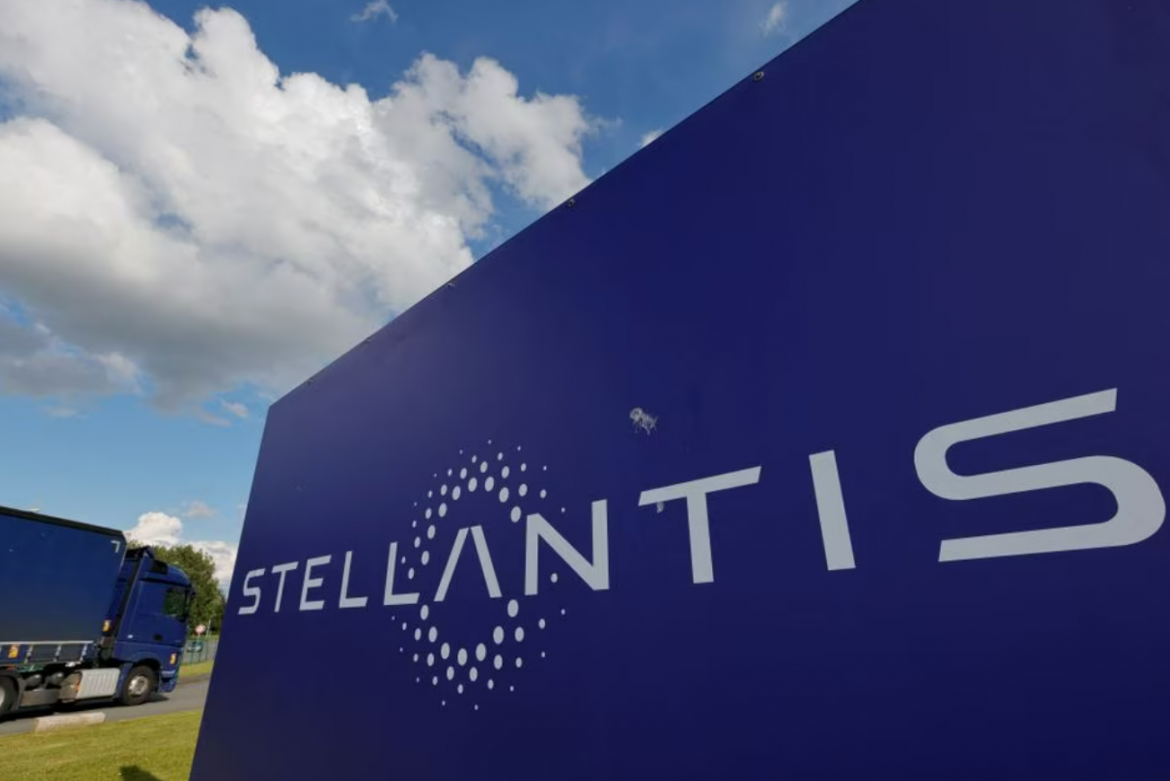Automaker Stellantis is set to elevate its 2030 revenue goal for its recycling and reconditioning unit after a robust 25% revenue increase this year, according to CEO Carlos Tavares. Tavares highlighted the significance of this business in curbing raw material inflation, making electric vehicles (EVs) more cost-effective amid market volatility and environmental concerns associated with traditional manufacturing processes.
Speaking in Turin during the inauguration of Stellantis’ first hub for its recycling and reconditioning business, Tavares emphasised the impact of raw material price fluctuations on EV affordability. The new facility, integral to Stellantis’ ‘circular economy’ unit, aims to establish a stable supply of raw materials, mitigating market uncertainties and reducing inflationary pressures.
Under its long-term business plan, Stellantis targets EUR 2 billion (USD 2.2 billion) in revenue by 2030 from the circular economy unit. The focus is on recycling and extending the life of parts, including EV batteries, as the company positions itself to contribute to a more sustainable automotive industry.
Tavares acknowledged the strong growth in the recycling and reconditioning business, hinting at a forthcoming revision of its potential. While specific details about the updated revenue target were not provided, Tavares emphasised the profitability of the business.
The new circular economy hub, situated in Turin’s Mirafiori complex, prioritises extending the lifespan of parts and vehicles, component reconditioning, and recycling materials for reintroduction into the manufacturing process. Stellantis plans to replicate this model, with three additional facilities anticipated in North America, Latin America, and the Africa Middle East region.
The Italian site, supported by a EUR 40 million investment, currently employs 170 highly-trained individuals, a number expected to increase to around 550 by 2025. These skilled workers are primarily sourced from Stellantis’ existing workforce in Italy. Stellantis’ strategic investment in recycling aligns with industry trends emphasising sustainability and circular economy practices.



